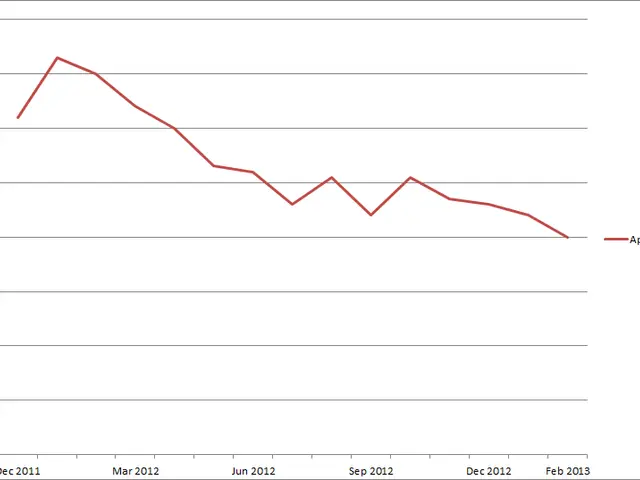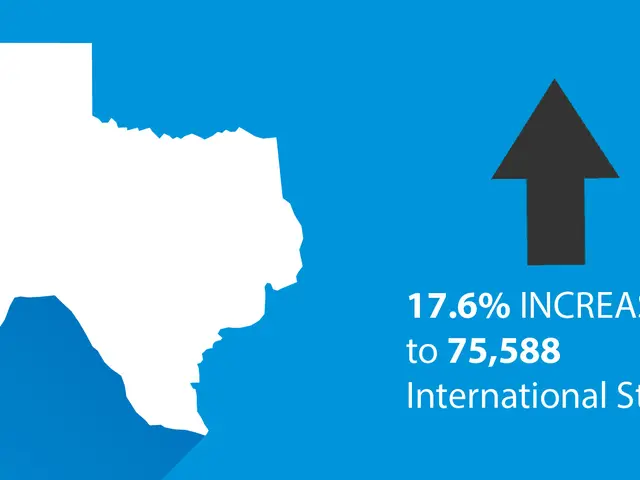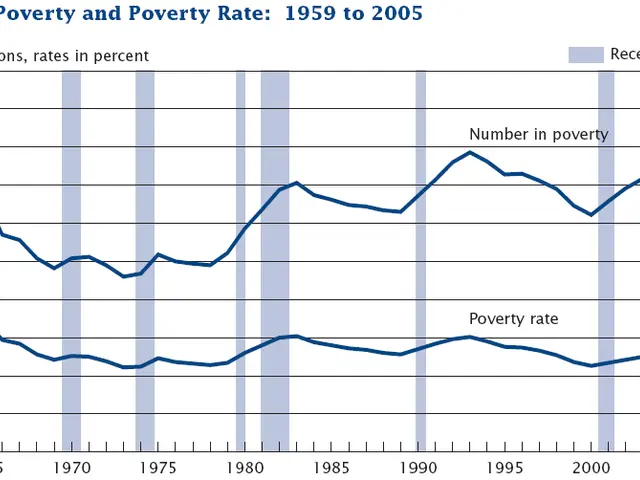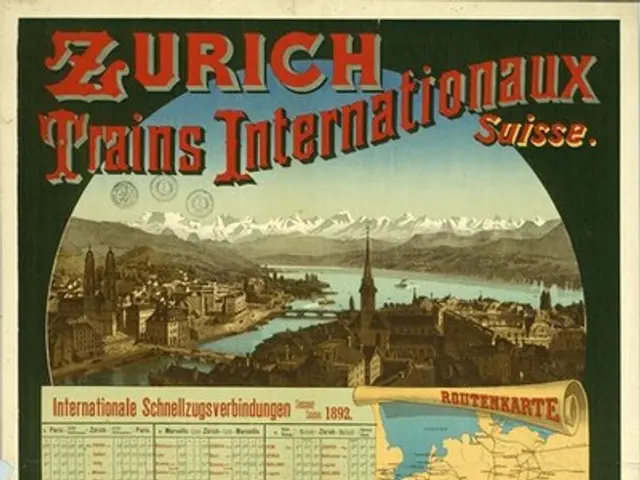Unclaimed Bank Balance from 1932 - Navigating the Complexities
Prescription of Bank Accounts Belonging to Jewish Ancestors in 1932 Upheld by Court - Time-Bound Deposits of Jewish Ancestors from 1932 Are Beyond Legal Challenges per Court Decision
Claiming an unclaimed bank balance from 1932 in Hagen, Germany, that belonged to a Jewish merchant and Swiss citizen isn't a walk in the park. Here's a breakdown of the intricate legal and historical implications:
The Legal Landscape
- Limitation Periods: Standard limitations under German law can range from three to thirty years, depending on the nature of the claim. However, Nazi-era confiscations and looted assets often fall outside these timeframes due to specific legislation.
- Restitution Laws: Germany has enacted laws like the Federal Restitution Law (Bundesrückerstattungsgesetz) of 1957 and the Federal Compensation Law (Bundesentschädigungsgesetz) of 1956 to address confiscations during the Nazi era. These laws offer a framework for restitution and compensation of Nazi-seized assets.
- Interruptions During the Nazi Dictatorship: The Nazi government disrupted legal proceedings and property rights, frequently leading to the seizure of Jewish-owned assets. The Nazi regime's policies and the subsequent war often halted claims, which may be considered an interruption or suspension of limitation periods in certain cases.
The Claiming Process
- Necessary Documentation: Gathering evidence is vital. This includes proof of ownership, bank account documentation, and any records of confiscation or disruption during the Nazi era.
- Legal Guidance: Squad up with a lawyer versed in German restitution laws and historical claims. Their expertise can be a game-changer.
- Contacting Authorities: File your claim with relevant German authorities, such as the Federal Office of Central Services and Unresolved Property Issues (Bundesamt für zentrale Dienste und offene Vermögensfragen).
- International Cooperation: Since you're a Swiss citizen, international law and diplomatic channels might come in handy. Cooperation between German and Swiss authorities can facilitate the process.
Current Challenges and Opportunities
- Fading Witnesses: The passing of Holocaust survivors can make evidence collection and legal proceedings tough. However, organizations like the Claims Conference persist in advocating for survivors and their heirs.
- Recent Legal Developments: The US Supreme Court's rulings on foreign sovereign immunity and tracing requirements demonstrate the complexity of historical claims, although they predominantly influence US-based suits.
In Conclusion
Navigating the complexities of historical claims requires meticulous documentation and expert legal counsel. Given the specific circumstances, working with lawyers well-versed in restitution claims related to the Nazi era is advisable.
- The unclaimed bank balance from 1932, despite its long duration, falls outside standard limitation periods due to specific legislation regarding Nazi-era confiscations and looted assets.
- To navigate the complexities of claiming this bank balance, it is essential to work with a lawyer familiar with German restitution laws and historical claims, as they can provide invaluable guidance.
- In Germany, restitution laws such as the Federal Restitution Law of 1957 and Federal Compensation Law of 1956 offer a framework for the restitution and compensation of Nazi-seized assets.
- As a Swiss citizen, you might find international cooperation beneficial, as it can facilitate the process with the involvement of German and Swiss authorities.





